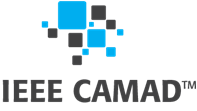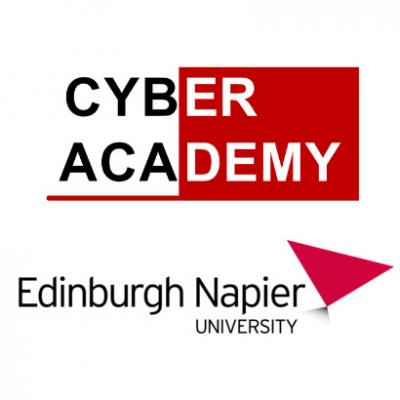By 2030, the United Nations targets the development of smart cities that incorporate advanced communication methods, such as 6G wireless, to enable real-time data acquisition and utilization from distributed sensors. However, smart cities must also work within the limitations of available resources, which presents a variety of challenges. To overcome the challenges of smart city implementation, researchers are exploring new techniques and technologies such as 6G wireless, Intelligent Reflecting Surfaces (IRS), Unmanned Aerial Vehicles (UAV), and AI-assisted wireless communications.The use of 6G wireless technology can significantly improve network performance by optimizing energy consumption, spectral efficiency, latency, and other critical metrics. Meanwhile, Intelligent Reflecting Surfaces (IRS) can be employed to enhance wireless signal coverage and quality by reflecting signals towards their intended destination. Unmanned Aerial Vehicles (UAV) can also be used to create wireless communication networks in hard-to-reach areas, improving connectivity and coverage. Furthermore, AI-assisted wireless communication is another promising technique for smart cities. With the help of machine learning algorithms, wireless networks can be optimized for traffic management, security, and other critical parameters. By integrating these technologies, smart cities can create a robust wireless communication infrastructure that meets the demands of an increasingly connected and data-driven world.
ORGANIZERS:
Session chairs:
- Prof. Dushantha Nalin Jayakody, University of Lusofona, Portugal
- Prof. Haris Pervaiz, School of Computer Science and Electronic Engineering, University of Essex, UK
- Prof. Syed Ali Hassan, School of Electrical Engineering and Computer Science (SEECS), NUST, Nederland
- Dr. Rajkumar Sammikkannu, Sri Lanka Technological Campus, Sri Lanka
Prospective authors are invited to submit a full paper of not more than six (6) IEEE style pages including results, figures and references. Papers should be submitted via EDAS. Papers submitted to the conference, must describe unpublished work that has not been submitted for publication elsewhere. All submitted papers will be reviewed by at least three TPC members. All accepted and presented papers will be included in the conference proceedings and IEEE digital library.
Please see Special Session Description for the details.





